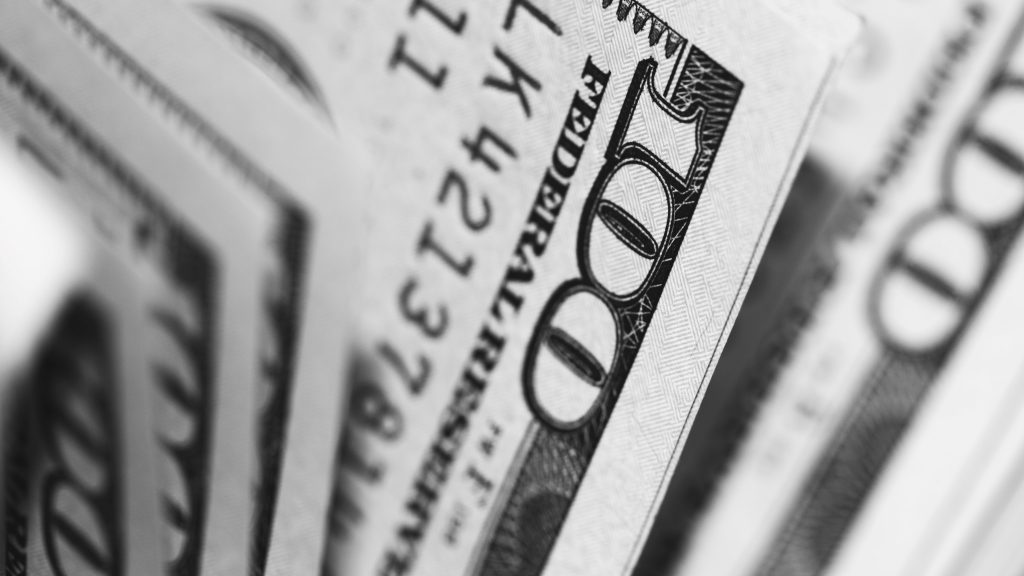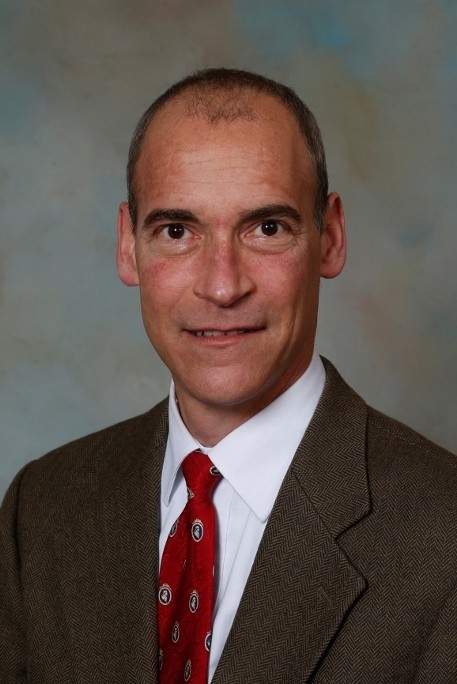
As seen in Angelo State University’s Ram Page, by Mbulelo Maqungo
The Texas Tech University Free Market Institute at ASU on Feb. 6 held a speaker series about the effects of entrepreneurship on society and culture.
Dr. Russell Sobel, professor of economics and entrepreneurship at the Citadel Military College of South Carolina, presented the inaugural presentation. Sobel described different ways individuals and governing bodies can promote entrepreneurship and economic development in the present day.

Students, faculty and representatives from the City of San Angelo Business Resource Center were all in attendance.
“The definition of entrepreneurship, at its core, is the mixing and matching of resources to produce a good for the public,” Sobel said.
Sobel presented a slideshow with historical examples of entrepreneurship ranging from the evolution of bathtubs to the capabilities of most cars.
“The last 10 years of base model Honda Accord have a faster zero to 60 than most of the classic muscle cars you see in TV or movies,” Sobel said. “Do you know what allowed horsepower to become so accessible to common people? The innovation of people with entrepreneurial drive.”
Many of those in the auditorium were business majors or international economics students interested in furthering their understanding of public policy and macroeconomics.
“I heard about this in my class as an extra credit opportunity,” senior Tony Jones said after the presentation. “There were things that I heard before, but I still learned some things and walked out with a different perspective.”
“He was an active speaker,” senior Callie Martin said. “He knows how to keep a crowd entertained.”
The Texas Tech University Free Market Institute at ASU was launched during the academic year 2019-2020. According to their website, the TTU Free Market Institute at ASU aims to advance research and teaching in economics in support of the mission of the Norris-Vincent College of Business at ASU.
The Free Market Institute will have another presentation over the rise of political capitalism on March 19.

 Citadel professor published in the Smithsonian Magazine
Citadel professor published in the Smithsonian Magazine Tommy and Victoria Baker School of Business awards Moody Development Grants
Tommy and Victoria Baker School of Business awards Moody Development Grants Citadel dean named to South Carolina Humanities board of directors
Citadel dean named to South Carolina Humanities board of directors

